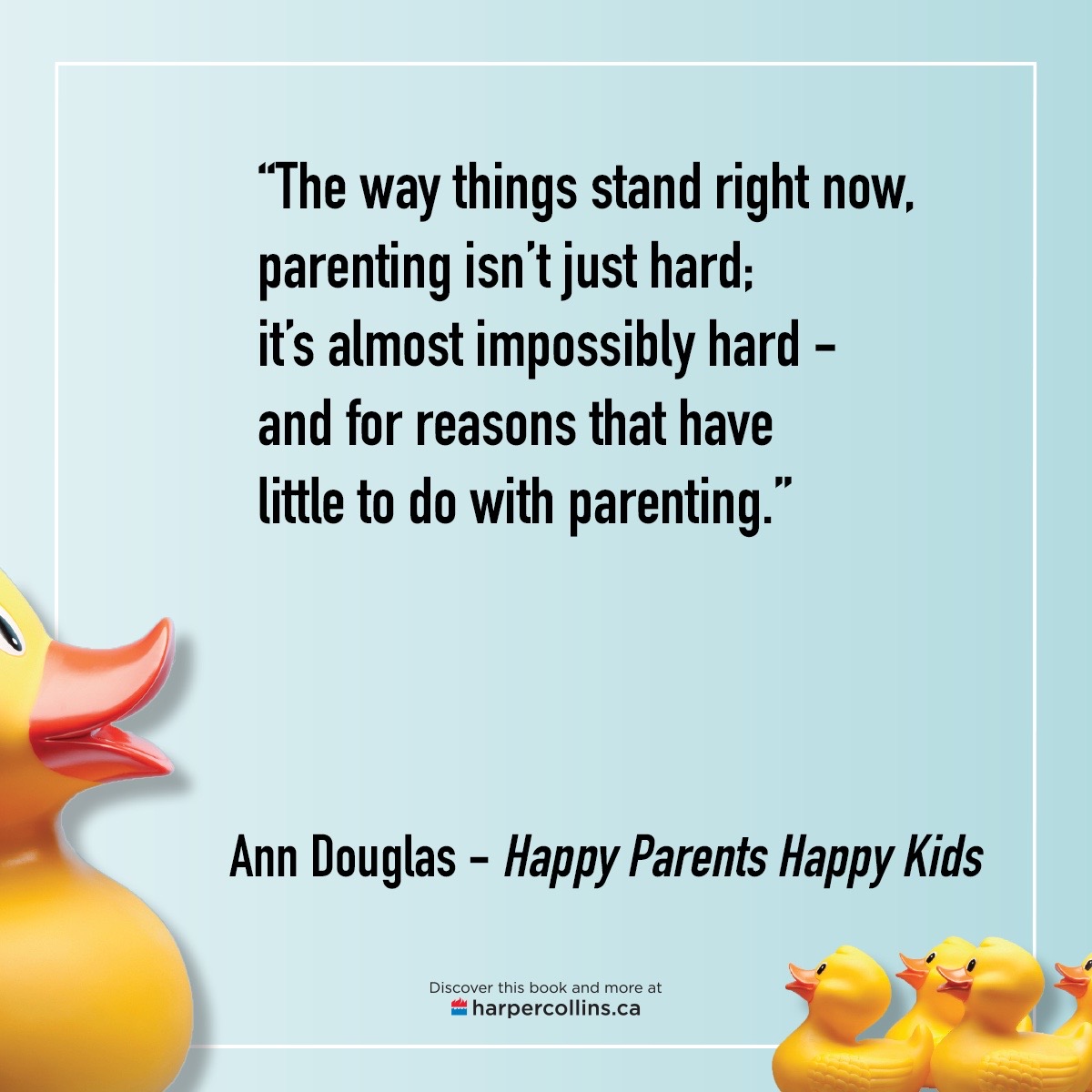I’m amazed how much time I spend thinking about the economy these days -- and how often I find myself writing about it and/or speaking about it, too. It’s gotten to the point where I feel the need to inject a note of explanation a few minutes into my Happy Parents, Happy Kids parenting presentation: “Hey, parents: if you’re starting to wonder if you accidentally stumbled into an economics lecture by mistake, please bear with me for a couple more minutes. I’m about to connect the dots between what’s happening in the economy and what we’re experiencing in our lives as parents: all the feelings of anxiety, guilt, and overwhelm.” At that point, I proceed to talk about the many ways that economic policy decisions spill over into our daily lives as parents in often-messy ways -- and in ways that only serve to make parenting so much more difficult and more stressful.
I think we need to be doing this more often -- connecting the dots between economic policy and what we’re experiencing in our day-to-day lives. Because when we fail to take into account the many ways that economic decisions impact on our lives and experiences, we fail to pick up on the real story -- what’s actually driving people to behave in extreme, seemingly illogical, and/or self-defeating ways.
Take what happened this past week, for example. One of the biggest news stories of the week was about the US college admissions scandal: how wealthy parents have been trying to rig the system in order to give their children an unfair advantage at college admissions time. Needless to say, the majority of stories were fuelled by a tidal wave of outrage at those parents. But, in the majority of cases, the stories failed to grapple with the bigger picture: why even incredibly privileged parents feel such tremendous pressure to try to rig the admissions process on behalf of their kids.
So why are those parents feeling that pressure? The answer, of course, is economic anxiety. While these super-wealthy celebrity parents may not be worried about losing their home or being unable to put groceries on the table (the kind of stuff that tends to come to mind when most of us think about “economic anxiety”), they’re worried about a loss of status. They dread the prospect of watching their children tumble downward into the ranks of the merely garden-variety wealthy as opposed to the super-wealthy, for example. In other words, the economic anxiety is real for these parents, even if their worst nightmare scenario (“My kid might have to settle for an upper middle class life!”) is the stuff of which parental fantasies are made for the rest of us. After all, at a time when precarious employment is on the rise, a more typical dream might be considerably less lofty (“My kid has a full-time job with benefits and he can even afford to pay his own rent!”)
This whole opportunity-hoarding phenomenon is something I wrote about in the previous issue of my bi-monthly newsletter newsletter The Villager -- and it’s a point I made again this week in an interview with a reporter from GlobalNews.ca. I hadn’t expected the reporter to include my comment in her story, given that the piece she was writing was focused on how the college admissions scandal is likely to affect the lives of the young people affected, but, to my surprise and delight, she did:
Douglas says we should be looking at why parents feel this immense pressure to assist their kids in the first place. She says today’s economic realities and “dog-eat-dog” world makes parents do everything in their power to help their children get ahead. “All parents are feeling that pressure right now, it’s not limited to any certain economic group,” [Douglas] explained. “Until we grapple with some things that are happening on the economic and cultural level, I think we are being really hard on the parents who are engaging in this behaviour because it makes so much sense… in terms of the pressure they’re feeling.”
I think we need to be talking a lot more about this stuff. I, for one, will certainly be continuing to do so, even if my efforts leave a few parents scratching their heads, wondering if they accidentally stumbled into an economics class instead of a parenting presentation.
I’ll be doing so because looking at the bigger, structural factors that are making life harder for parents is the path forward to a happier and healthier future for families and communities.
In other words, this conversation matters a lot.


